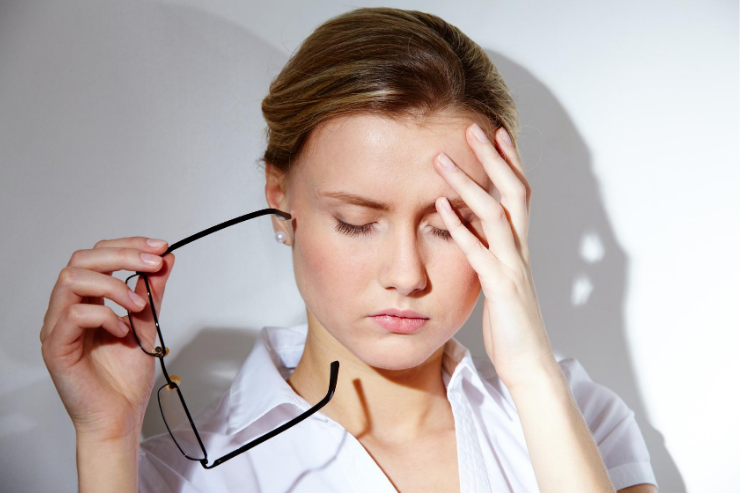Tension-type headache is a widespread form of headache characterised by mild-moderate head pain with no other associated symptoms (such as vomiting or light/sound sensitivity). It has a very high prevalence with studies reporting a prevalence of 36% for men and 42% for women internationally. They are classified by the International Headache Society as chronic if they occur 15 days/month or more, or episodic if they occur less than 15 days/month.
Tension-type headache is often described as a dull and persistent pain that may vary in intensity and is usually felt on both sides of the head or neck. Some people also report a tight, heavy or pressing sensation on or around the head. Other associated symptoms can include; tautness and tenderness of scalp, neck and shoulder muscles, restricted neck movements, ache in the upper back area, trouble concentrating, difficulty sleeping, depression and anxiety.
Risk factors for tension-type head ache include:
- Poor posture at work, home and when driving
- Excessive muscle contraction such as jaw clenching
- Medication overuse
- Stress, anxiety, fatigue and depression
Treatment focuses on reducing the contributing factors such as:
- Taking time away from stress
- Improving your posture and ensuring appropriate work ergonomics
- Keeping a regular sleep pattern and regular exercise
- Physiological treatments such as deep breathing, acupuncture, compression and heat
- Neck and shoulder massage
- Physiotherapy including traction and joint mobilisation



